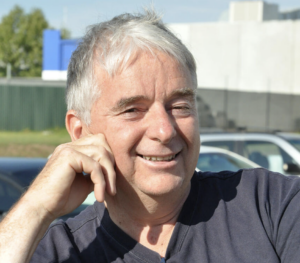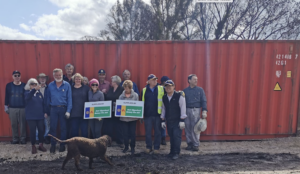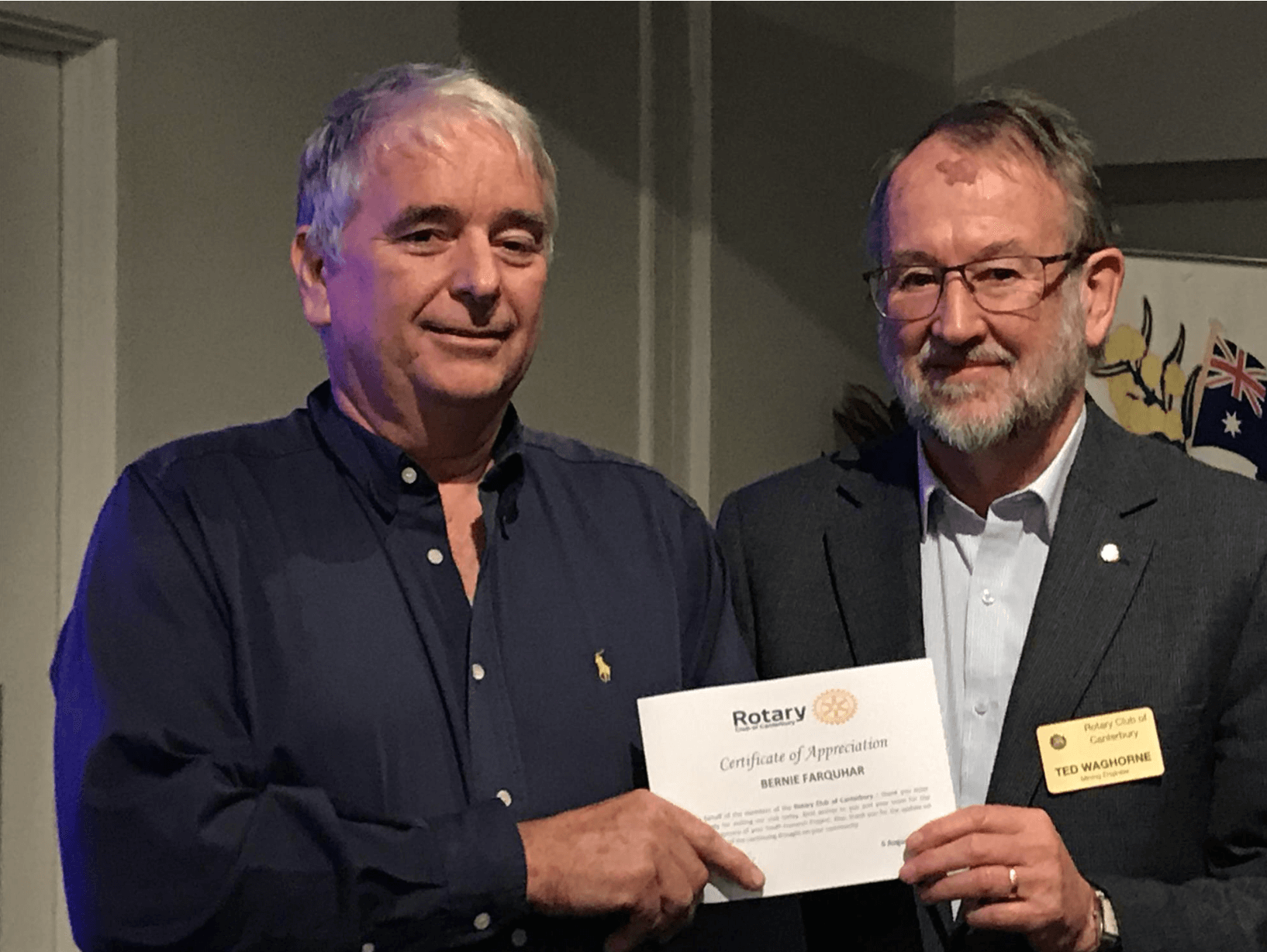by Ariel Miller, ESRAG newsletter editor
Starting in 2019, a series of environmental disasters devastated the livelihoods of communities in East Gippsland, a rural region of Victoria, Australia for which farming, timber, and tourism have been economic mainstays. The 2019 drought triggered a catastrophic summer of bushfires. Combined, these disasters caused the death of millions of animals and the destruction of farm buildings, fencing, and machinery.
Right on the heels of these calamities, the Covid pandemic drove Australia into lockdown, isolating families who had already suffered catastrophic losses. The suicide rate rose.
A new blow this year is the state government’s decision to halt timbering in native forests six years ahead of schedule because – ironically – of court rulings to protect vulnerable species. A thousand people in East Gippsland now need to find new jobs. The state is offering transition funding, but the impact on laid-off workers and local economies will be rough.

Bernie Farquhar, a Rotarian who mobilized several Rotary and Lions Clubs to provide both practical aid and hope.
“It has been quite a journey the last seven years – quite tough on our farming community, which impacts the community’s mental health as a whole,” says Rotarian Bernie Farquhar, RC Mitchell River, who mobilized several Rotary and Lions Clubs to provide both practical aid and emotional support. In the process they forged a regional team for disaster response. This included training the volunteers on how to facilitate mental health discussions and raising the funds to host social events like barbecues where people could get together and “start the conversation,” Farquhar adds. From these chats, Rotarians can refer people to Rural Minds for counseling if needed.
One of the great strengths that Rotary offers in disasters is the fact that local clubs are rooted in the affected communities. They share the suffering and the determination to recover.
“Disaster shatters people’s worldview,” says the Rev. Dr. Stephen Robinson, National Disaster Recovery Officer for the Uniting Church in Australia. “Things that they had depended on as being rock solid (family, housing, work and income) can be taken away or threatened – leading to a crisis of meaning or understanding of one’s place in the world. The relational nature of groups such as Rotary bring more than the physical support – they provide a real (not virtual) social networking.”
“Having those networks in place before such an event, aids tremendously in making people resilient and supporting them in and beyond a crisis,” he adds. “Beyond the relational – there is an aspect of connecting to, and belonging to, something greater than oneself. “
Farquhar’s team raised millions of dollars’ worth of cash and in-kind assistance to provide feed for livestock, water, and water tanks, generators, and fencing, as well as debit cards to families who had suffered enormous losses in income. They bought 160 sea containers and built new storage facilities. They worked with a local dealer to design a customized trailer housing toilets, showers, and a washing machine for the volunteers to ensure that they didn’t overwhelm local families’ resources, and raised the funds to buy it.
This trailer was used by volunteers for two years, enabling them to contribute both to rebuilding projects and to mental health support. Now, wonderfully, the trailer is being used as a vital resource for homeless people in the town of Bairnsdale, which has no other free showers or laundry facilities.
The Rotarians listened to the community, seeking ways that farmers could work together to recover. The fruit of these discussions was the East Gippsland Timber Milling Project which gave farmers a way to transform some of their losses into solutions. The project equipped farmers to salvage fallen trees that would otherwise have been burned. They have used the wood to replace essential infrastructure like fencing, saving money on lumber and creating a way to earn new income by selling the lumber they don’t need.

Rotarians with one of the shipping containers.
“The farmers all got together on the program, greatly reducing their isolation and giving them encouragement to continue, says Ted Waghorne, Chair of ESRAG’s Oceania Chapter. “The State Government came on board funding staff and there has been up to three groups going from farm to farm with more than 80 farms supported. The social benefits of these activities have been well recognised, especially having farmers who may have been isolated joining the community-based project.”
The moral support provided by Rotarians included funding a weekend trip to Melbourne for youth sports teams, paying school fees for the children of impacted families, organizing mentoring programs for young farmers, and hosting mental health discussions over barbecue or “Rotary cake and cuppa.” From these conversations, Rotarians refer people to Rural Minds for professional care if their mental health needs were serious.
PDG David Brawn, an ESRAG Director, asked disaster recovery Rev. Dr. Stephen Robinson for his comments on Rotarians’ East Gippsland work. “It is so good to see the many ways in which Rotary has assisted local communities in recovery,” Robinson replied, speaking from the perspective of thirty years as a chaplain responding to fires, floods, and tornados. “As I look at this, I see the ways in which they have got it right too:
- Locally-led recovery
- Empowering and supporting local businesses (rather than importing materials and goods).
- Staying with the people – not just barbeque, conversation and leave.
- Targeting accommodation and storage, etc.
“Our impact on mental health is not just talking and listening but acting, says Farquhar, who has been serving as a leader in Rotary’s Youth in Search camps and is delighted that in-person camps have resumed this year after the huge disruptions of the pandemic. “So many mental health agencies have been here, done the talk, done the sausage sizzle, listened, then moved on. We who live, play and work in the area have provided the next step action. The letter from the Kennedy family says it all.”
“We, Charles, Heather, Danny and Sarah Kennedy of Clifton Creek, submit this letter expressing our appreciation of the East Gippsland Timber Milling Project. From this we acquired timber to replace our cattle yards that were destroyed in the 2019 summer bushfire, also some railing and posts to replace surrounding fences,” using trees that burned and fell on their own property. “Feedback from other farmers indicate that this project is invaluable.”
“The East Gippsland Fire Aid Group showed what world-wide Rotary was about with three major grants from RAWCS [Rotary Australia World Community Service],” says Bernie Farquhar. “The collaboration of the five local East Gippsland Rotary Clubs and the support from clubs across Australia was heartfelt and made a huge impact. The word ‘Rotary ‘is deeply respected in this area.”

